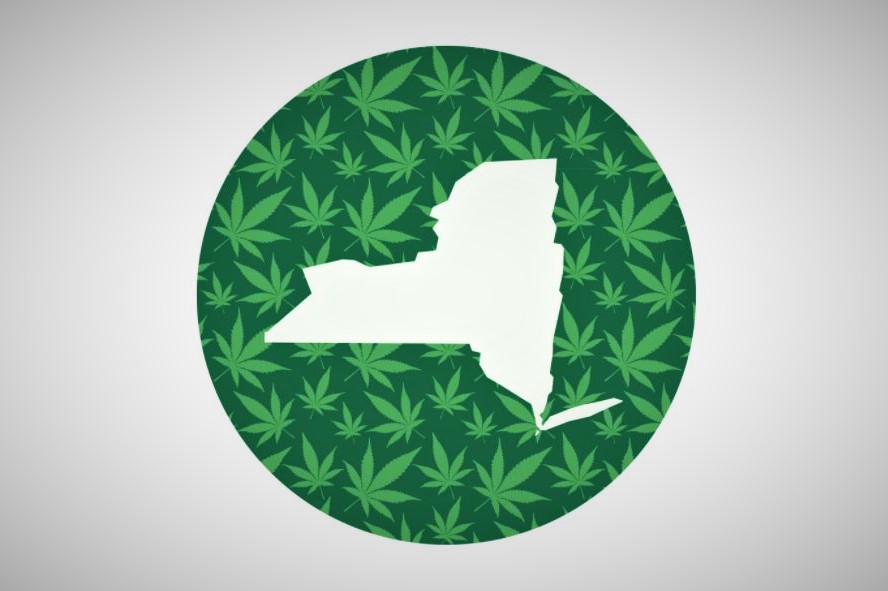Rohrer v. Oswego Cove, LLC is the latest case to address whether a common law wrongful discharge claim is preempted by statute. The issue in the case was whether the action alleged by the plaintiff – seeking out legal advice about her employment – fell within the scope of any statute.
Read more »Tag: employment law
-
 I’ll See You in (Oregon) Court!: Oregon Court of Appeals Rules Employees Protected in Seeking Legal Advice About Employment Posted on: May 28, 2021 In: Labor & Employment
I’ll See You in (Oregon) Court!: Oregon Court of Appeals Rules Employees Protected in Seeking Legal Advice About Employment Posted on: May 28, 2021 In: Labor & Employment
-
 What Does Employment “At-Will” Mean? Posted on: May 28, 2021 In: Labor & Employment
What Does Employment “At-Will” Mean? Posted on: May 28, 2021 In: Labor & EmploymentAn “at-will” employment relationship means the employment relationship can be terminated by either the employer or employee, at any time, for any reason or no reason at all (except an illegal reason). Except for the State of Montana, the at-will rule is the default rule in every jurisdiction in the United States. In other words, unless there is an agreement to the contrary, the common law presumes employment relationships to be “at-will.”
Read more »
-
 Florida Governor Signs COVID-19 Liability Shield Posted on: April 20, 2021 In: COVID-19 Response
Florida Governor Signs COVID-19 Liability Shield Posted on: April 20, 2021 In: COVID-19 ResponseOn March 29, 2021, Florida Governor Ron DeSantis signed into law Florida Statute 768.38, granting significant protections to business entities, educational institutions, governmental entities, and religious institutions from claims related to COVID-19 if they made a good faith effort to follow guidelines to prevent the spread of the coronavirus. The new law aims to dissuade the filing of meritless claims for damages allegedly due to COVID-19 exposure in a few key ways.
Read more »
-
New York Joins Growing Trend of Marijuana Legalization, Welcomes New Protected Class Posted on: April 16, 2021 In: Labor & Employment
Joining other states on the marijuana bandwagon (most recently, New Jersey), New York has officially legalized recreational use of marijuana for adults aged 21 and older. The Cannabis/Marijuana Regulation and Taxation Act (MRTA), signed by Governor Cuomo on March 31, 2021, allows adults to possess, purchase, display, obtain, and transport marijuana in limited quantities, effective immediately. Of note for employers, the MRTA creates a new protected employee class.
Read more »
-
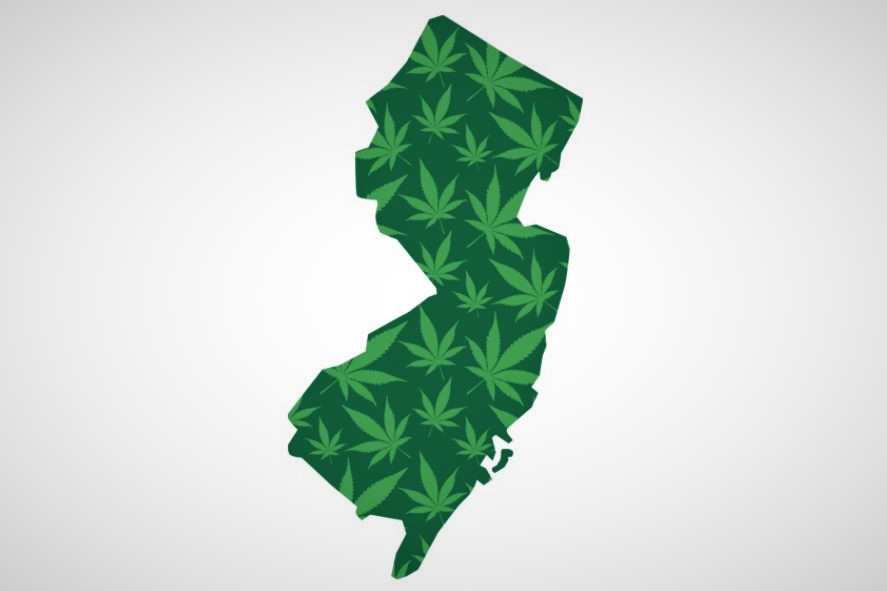 New Jersey Legalizes Marijuana, Creates New Protected Employee Class Posted on: March 31, 2021 In: Labor & Employment
New Jersey Legalizes Marijuana, Creates New Protected Employee Class Posted on: March 31, 2021 In: Labor & EmploymentAs states across the country join the growing trend of decriminalizing and legalizing marijuana, the implications for employers have become more relevant than ever. New Jersey recently became the newest state to clarify the interplay between marijuana legalization and employment with the New Jersey Cannabis Regulatory, Enforcement Assistance, and Marketplace Modernization Act, or NJCREAMMA.
Read more »
-
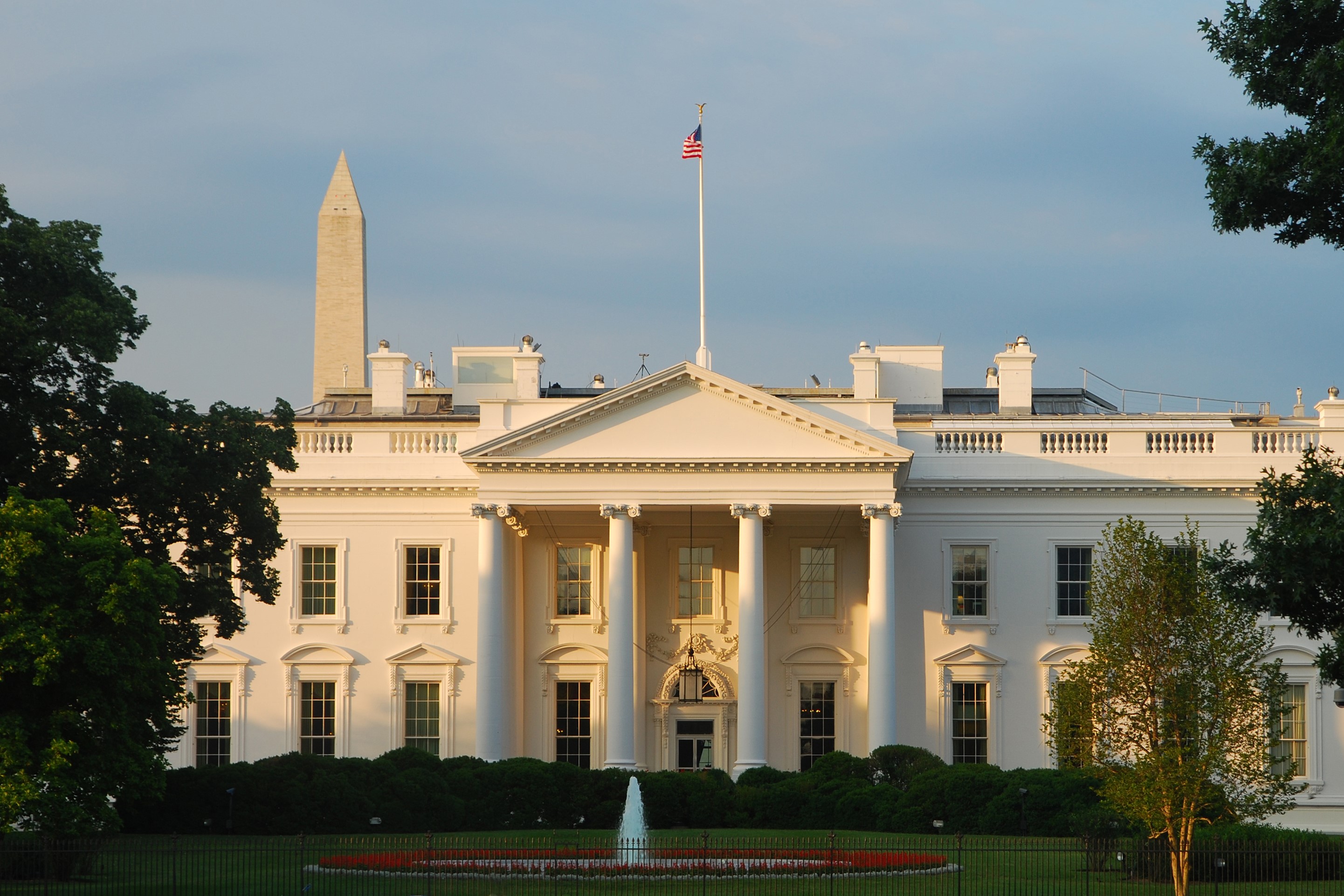 What Labor & Employment Changes to Expect Under The Biden Administration Posted on: March 01, 2021 In: Labor & Employment
What Labor & Employment Changes to Expect Under The Biden Administration Posted on: March 01, 2021 In: Labor & EmploymentThroughout his campaign and first weeks in the White House, President Biden has laid out plans to promote an ambitious labor and employment agenda during his administration. We expect President Biden’s agenda to continue to be crafted though his issuance and repeal of Executive Orders, and will further advanced through the his cabinet picks and agency appointees. This post includes a top-level summary of key labor and employment changes from the Biden Administration that we are following.
Read more »
-
 Ignoring Employee ADA Accommodation Requests Can Be Costly – A Cautionary Tale Posted on: February 22, 2021 In: Labor & Employment
Ignoring Employee ADA Accommodation Requests Can Be Costly – A Cautionary Tale Posted on: February 22, 2021 In: Labor & EmploymentAs all employers should well know by now, the Americans with Disabilities Act (ADA) and many state and local counterparts may require employers to engage in an interactive process in response to a disabled employee’s request for a workplace accommodation. A recent ruling by the First Circuit Court of Appeals illustrates why employers have a very strong financial incentive to be proactive in adopting and rigorously enforcing their disability accommodation policies.
Read more »
-
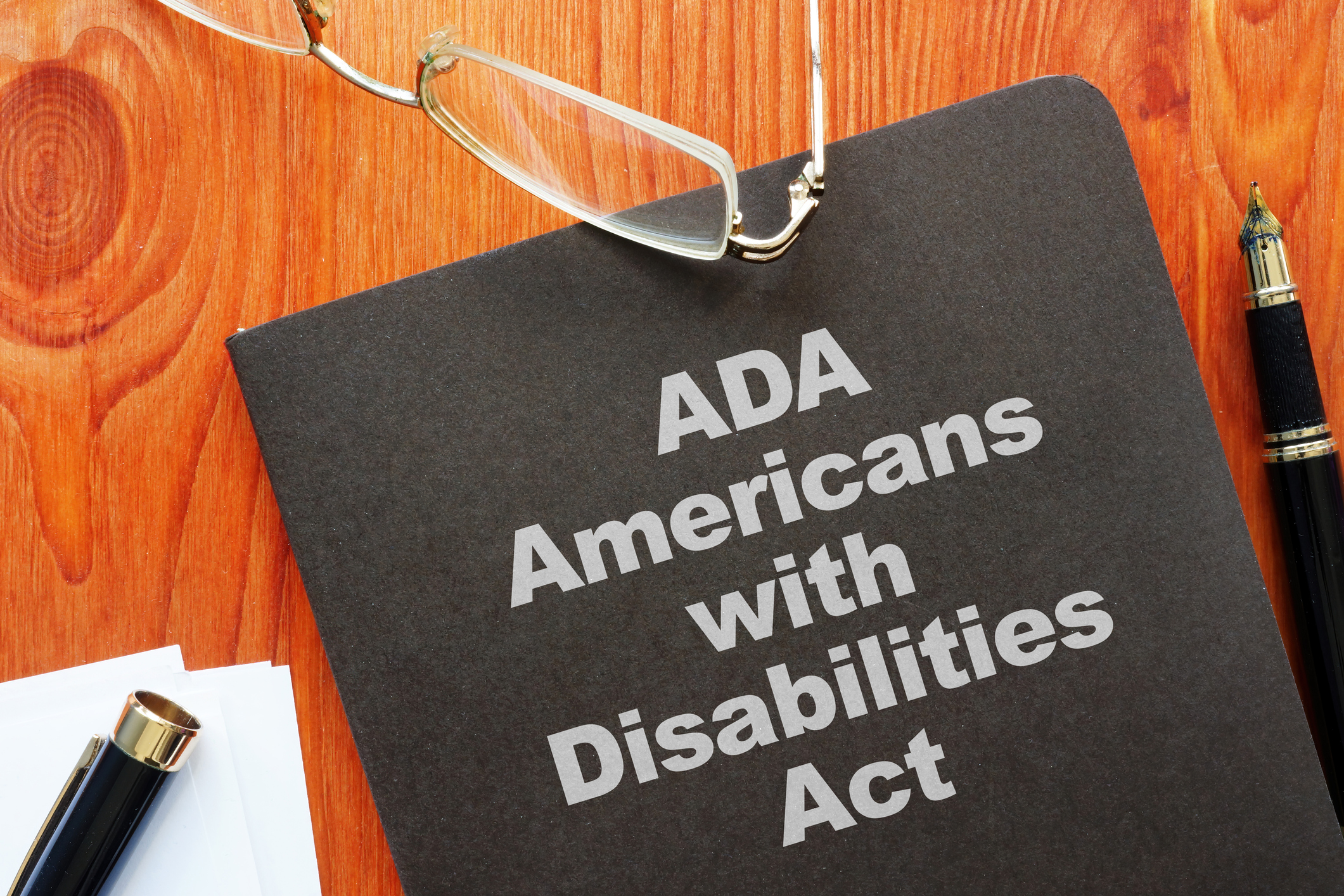 Fourth Circuit Clarifies Employers Not Required to Abandon “Disability Neutral” Competitive Hiring Systems to Reassign Disabled Employee Posted on: February 17, 2021 In: Labor & Employment
Fourth Circuit Clarifies Employers Not Required to Abandon “Disability Neutral” Competitive Hiring Systems to Reassign Disabled Employee Posted on: February 17, 2021 In: Labor & EmploymentThe Americans with Disabilities Act’s (ADA) reasonable accommodation duty often creates frustrating uncertainty for employers and employees. Reassignment, a term used in the ADA’s statutory language as an example of a potential reasonable accommodation, is fraught with uncertainty when evaluated by employers and employees as a potential accommodation. The Fourth Circuit recently addressed the reassignment dilemma in Ellege v. Lowe’s Home Centers, LLC.
Read more »
-
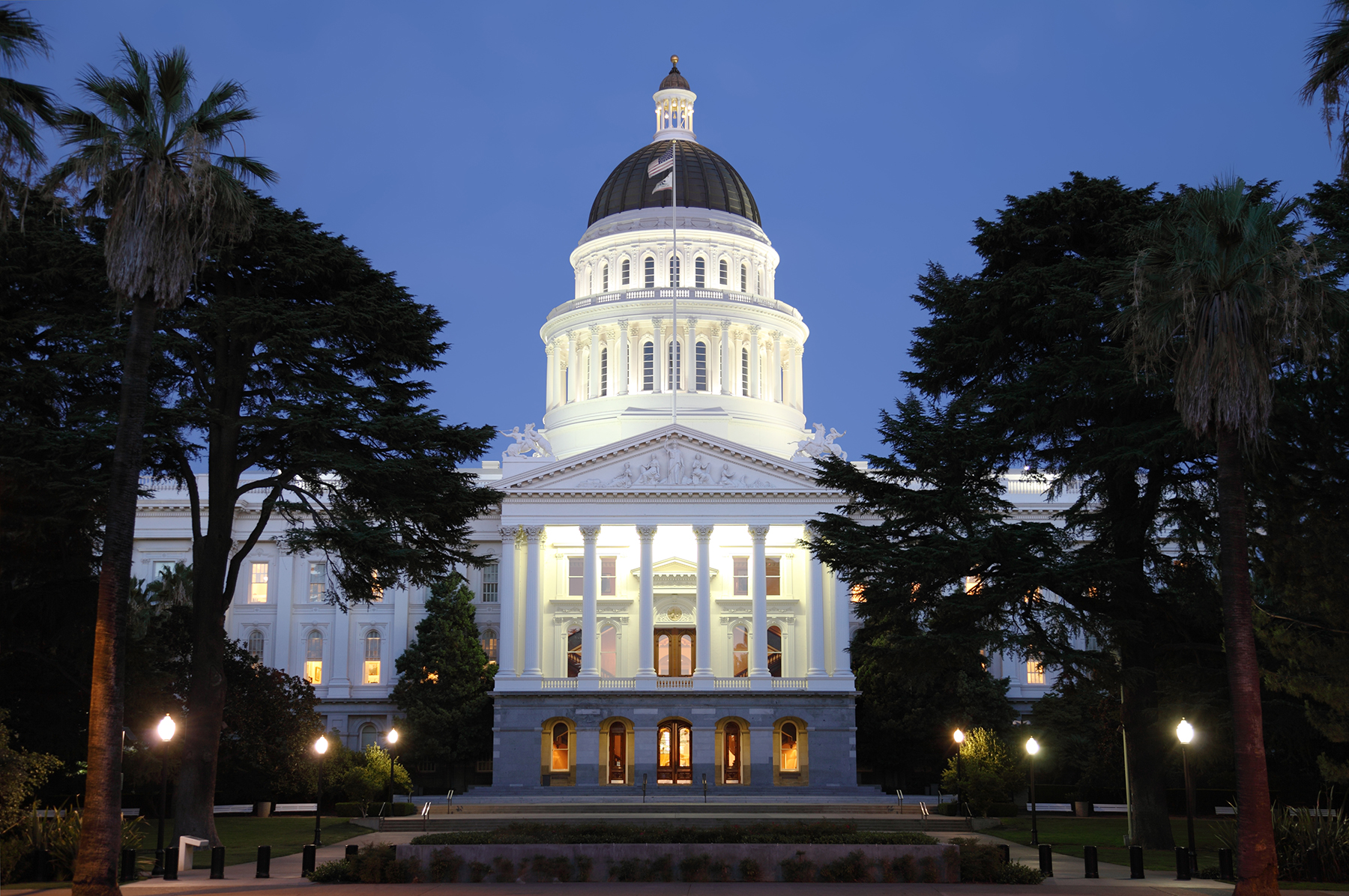 California Minimum Wage to Increase in 2021 Posted on: November 25, 2020 In: Labor & Employment
California Minimum Wage to Increase in 2021 Posted on: November 25, 2020 In: Labor & EmploymentEmployers in The Golden State should be aware of the new legal requirements that will impact their businesses starting next year. Big changes await businesses with California employees in 2021. On January 1, 2021, the minimum wage in California will increase. The wage increase will be dependent upon the number of persons employed by the employer.
Read more »
-
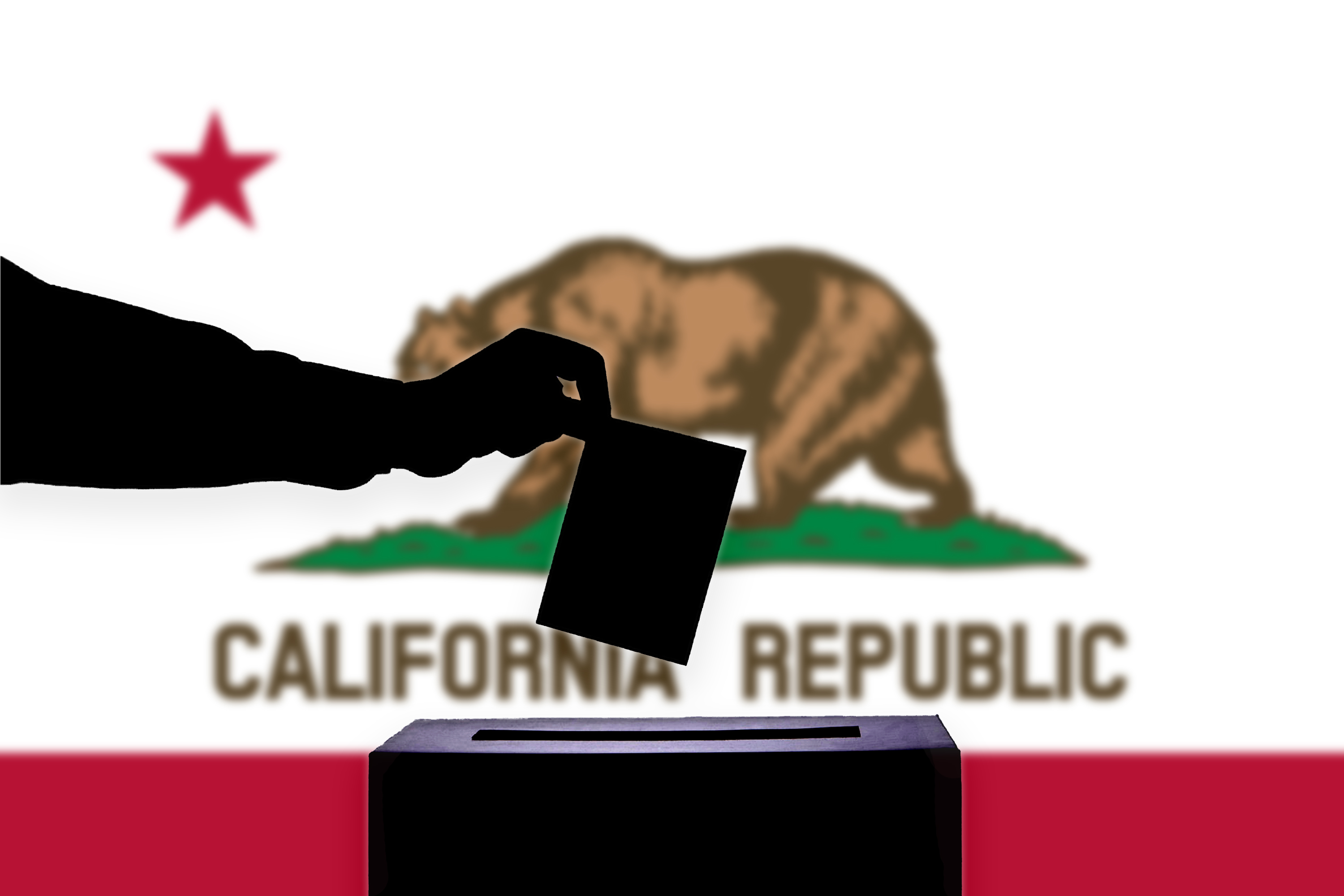 California “Propositions” to Re-Implement Affirmative Action in Public Sector Hiring: What Employers Need to Know Posted on: October 23, 2020 In: Labor & Employment
California “Propositions” to Re-Implement Affirmative Action in Public Sector Hiring: What Employers Need to Know Posted on: October 23, 2020 In: Labor & EmploymentOn the upcoming November 3, 2020 ballot, Proposition 16 proposes to amend the California Constitution to allow public sector employers to consider race, sex, color, ethnicity, or national origin in hiring decisions. This proposition comes on the heels of the recent protests against police brutality and is thought to promote diversity in the workplace, which will in turn reduce adverse treatment of minorities in local communities.
Read more »
-
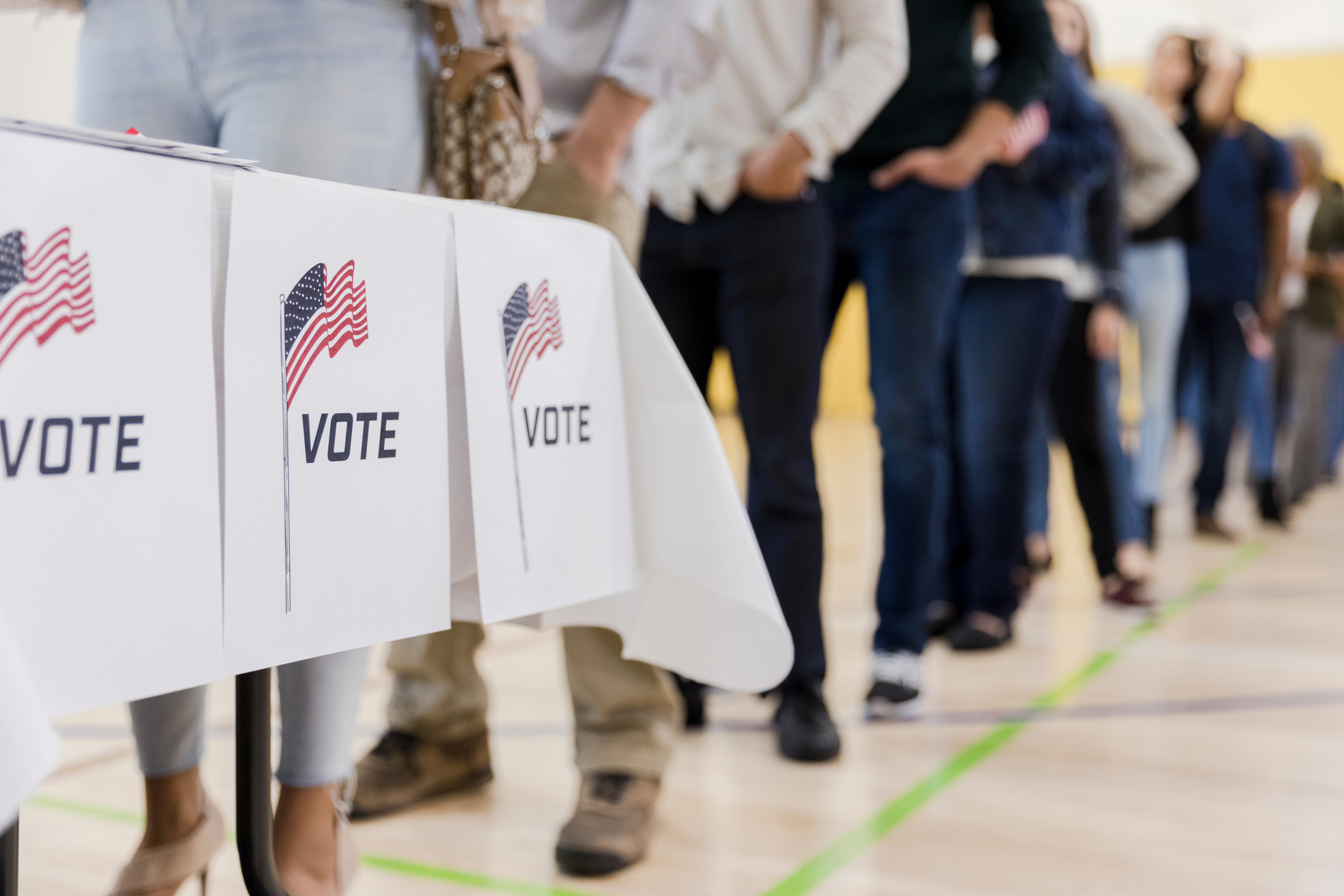 Voting-Leave Laws: What Employers in New York Should Know Before Election Day Posted on: October 12, 2020 In: Labor & Employment
Voting-Leave Laws: What Employers in New York Should Know Before Election Day Posted on: October 12, 2020 In: Labor & EmploymentOn Tuesday, November 3, 2020, Americans will have an opportunity to exercise their right to vote in the presidential election. With Election Day fast approaching, employers should know whether they are required to provide employees with time off to cast their ballots at the polls. Even though many states have expanded absentee voting in light of the COVID-19 pandemic, employers must still be mindful of the laws in their state concerning an employee’s ability to visit the polls during the workday.
Read more »
-
 Everyone’s A (Potential) Whistleblower! Posted on: July 31, 2020 In: Labor & Employment
Everyone’s A (Potential) Whistleblower! Posted on: July 31, 2020 In: Labor & EmploymentMost employers are familiar with the anti-retaliation provisions of their state’s anti-discrimination statutes and Title VII under federal law. These laws create robust rights of action for current and former employees who allege they were retaliated against for complaining of discrimination or harassment in the workplace. They also carry with them the threat of hefty damages verdicts for employees, and awards of attorneys’ fees that sometimes dwarf the sum of the damages themselves.
Read more »
 Labor & Employment Practice
Labor & Employment Practice